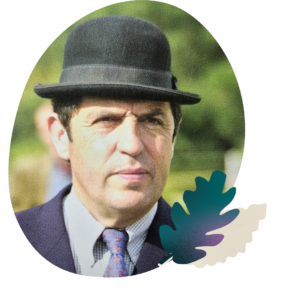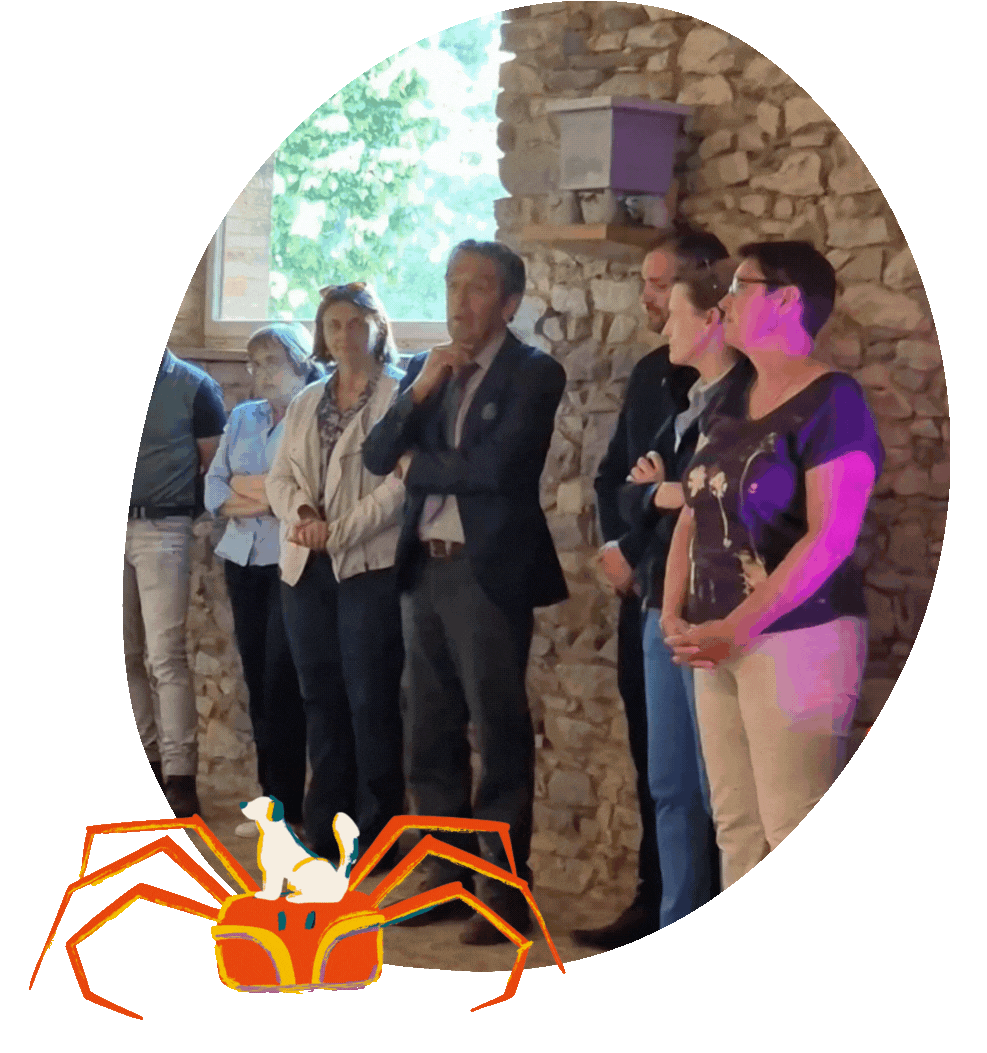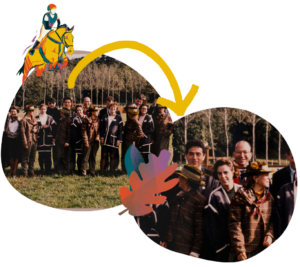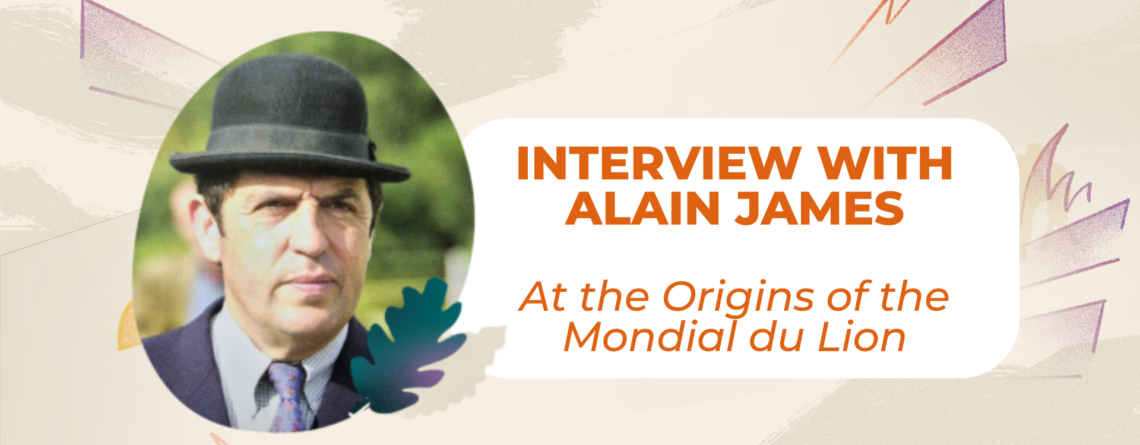To mark the 40th anniversary of the Mondial du Lion, we caught up with Alain James, one of the event’s founding figures. Former director of the Haras du Lion and international eventing judge, he imagined, supported and anchored this unique event in the world equestrian landscape. With him, we take a look back at the genesis, the anecdotes and the values that still make the Mondial unique today.
 Alain James, you’re the founder of the Mondial du Lion. Can you tell us how this event came to be?
Alain James, you’re the founder of the Mondial du Lion. Can you tell us how this event came to be?
I was appointed to Le Lion d’Angers in the 1970s to oversee the relocation of the Angers stud farm, which had previously been located in the city. Once the facilities were set up here at Le Lion d’Angers, on this 180-hectare property, the idea of creating an eventing competition came quite naturally.
We started small, and then in 1985, we hosted our first major event: the European Young Riders Championship. It went well, and we continued to grow the international competitions from there.
At the time, the Federation encouraged us to stand out from the other events in the region. That’s when the idea of an international competition for young horses was born. I proposed a unique format, which became what was known as the World Championship for Young Horses. Since I wanted this event to have lasting roots here, we kept organizing it year after year. The “Championship” eventually became the “Mondial.”
In your view, what made the Mondial unique in its early days?
I wanted to create a French-style Badminton. Not just an eventing competition, but a true rural and popular celebration. From the very beginning, we aimed to involve local shopkeepers, the village, and families.
We organized hot air balloon and helicopter rides, had a kids’ area, a real exhibitor village… It was important that everyone could find something for themselves there — not just horse enthusiasts.
And from a sporting perspective, how was this new concept received?

With great enthusiasm. There was no World Championship for young eventing horses at the time. Riders, both French and international, really needed this kind of competition.
Of course, we had some teething problems in the beginning: few entries, so we offered free entries to some star riders to get them to come. I even remember we would go as far as offering them meals!
We even had an unlikely sponsor that first year — a toilet paper manufacturer! They sent us a whole truckload… It’s one of those great memories.
Is there a particularly memorable moment or anecdote that stands out to you?
There are many. I remember our very first international competition — we hadn’t even planned for bib numbers! We ended up making them with scissors out of cardboard, with help from some British riders, including world champion Virginia Leng, who started cutting them out herself along with her husband and father.
Another standout memory was when I managed to get a TV broadcast setup installed on the cross-country course. At the time, I was told it was impossible. But through a friend, I met Régis Cousin, a technician from the 24 Hours of Le Mans. He helped us build a technical hub, with cables running everywhere and a screen made up of 30 televisions! That allowed us to provide real footage to the TV channels — and to better showcase our sponsors.
How would you describe the Mondial in three words?
Quality, prestige, and conviviality.
The quality has always been there, the prestige too, because it’s an international event. And conviviality is what keeps people coming back. There has always been a warm, friendly atmosphere, with close-knit teams. I’ve always told my successors: “Be rigorous, yes — but never at the expense of the Lion’s spirit.”
How do you explain the fact that the event still draws such large crowds?
Le Lion is in a region where horses are part of the local culture. Many families have been coming for 40 years — now with their children. There’s a real sense of attachment.
And we managed to create an event that’s accessible to everyone, not just horse enthusiasts. People come to shop, kids and families enjoy the entertainment. It’s become part of the local tradition!
Looking at this archival photo of the team, what does it bring back for you?
A lot of memories. You see faces we don’t see anymore — people who meant a great deal. There was real camaraderie within the team. I remember that photo being taken when Jean-Michel Foucher, my successor, arrived — we were all gathered together in a relaxed and joyful atmosphere.
What strikes me most is how people came of their own accord; we didn’t have to go looking for them. It was a kind of loyalty, a shared sense of pride. We had built a strong team spirit, grounded in trust and good humor.
What is your wish for the 40th anniversary of the Mondial?
That the World Championship for Young Horses stays at Le Lion. It’s part of our DNA. Another international competition, no matter how prestigious, wouldn’t be the same.
And that the atmosphere remains intact. As long as there’s a crowd, as long as that human warmth is there, the Mondial will continue to live on for many years.
An Unwavering Loyalty
Alain James left Le Lion in 1989, but he has never stopped coming back — year after year — as a faithful and passionate witness to the evolution of an event he helped bring to life.
As it approaches its 40th anniversary, the Mondial du Lion continues to blend sporting excellence, local roots, and a unique atmosphere — staying true to the vision of its founder.


